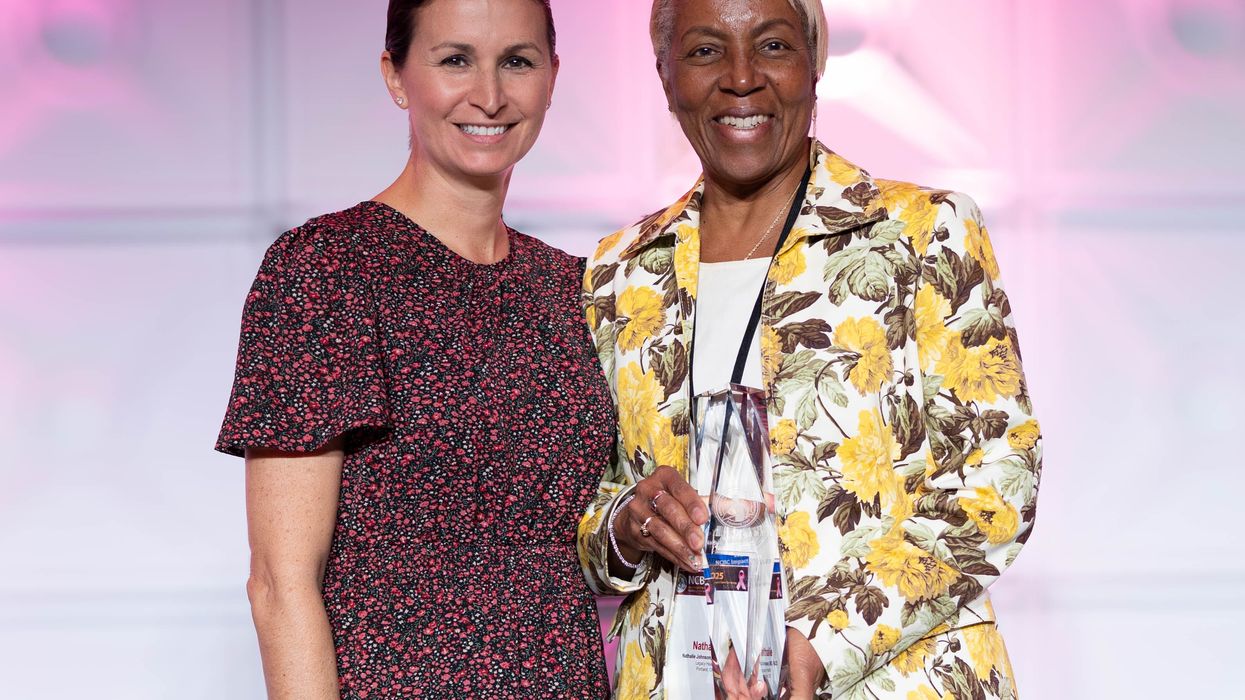In the United States, homicide has emerged as a leading cause of death for pregnant and postpartum women, surpassing traditional maternal health risks such as complications related to childbirth. This disturbing trend highlights the intersection of domestic violence, gender inequality, and systemic failures in protecting vulnerable women during one of the most critical periods of their lives. Why is homicide now the highest killer of pregnant women?
The Stark Reality
Research indicates that pregnant and postpartum women in the U.S. are more likely to die by homicide than by any other cause. A study published in the journal Obstetrics & Gynecology analyzed data from 2008 to 2019 and found that homicide accounted for 20% of all maternal deaths during this period, making it the leading cause of death for this group . The study revealed that Black women are disproportionately affected, with homicide rates significantly higher than those of their white counterparts .
The Role of Intimate Partner Violence
Intimate partner violence (IPV) is a major contributor to this grim statistic. Many of the homicides of pregnant women are perpetrated by current or former partners. This connection underscores the need for greater awareness and intervention strategies to address IPV. The Centers for Disease Control and Prevention (CDC) reports that about 1 in 4 women in the U.S. has experienced severe physical violence from an intimate partner in their lifetime, with pregnant women being particularly vulnerable .
Racial and Socioeconomic Disparities
Racial disparities play a significant role in maternal homicide rates. Black women, who already face higher rates of maternal mortality due to complications in pregnancy and childbirth, are also at a higher risk of being murdered during pregnancy. Socioeconomic factors, including poverty, limited access to healthcare, and systemic racism, exacerbate these risks .
The Systemic Failure
The high rate of homicide among pregnant women reflects broader systemic failures in addressing violence against women and protecting maternal health. Law enforcement, healthcare providers, and social services often lack the coordination needed to identify and support women at risk. Moreover, pregnant women may be reluctant to report abuse due to fear of retaliation, stigma, or lack of trust in the authorities.
The Need for Action
Addressing the issue of maternal homicide requires a multifaceted approach. Healthcare providers should be trained to recognize the signs of intimate partner violence and provide resources and support to at-risk women. Policies that improve access to healthcare, strengthen protections against domestic violence, and address racial disparities in maternal health are crucial. Additionally, there is a need for comprehensive data collection on maternal deaths to better understand the scope of the problem and develop effective interventions.
Homicide as a leading cause of death for pregnant women in the U.S. is a public health crisis that demands immediate attention. The intersection of domestic violence, racial inequality, and systemic failures underscores the need for a coordinated response to protect the most vulnerable. By raising awareness, advocating for policy changes, and improving support systems, society can work towards a future where every woman can experience pregnancy and motherhood free from violence and fear.
References:
- Wallace, M.E., Gillispie-Bell, V., Cruz, K., Davis, K., & Metz, T.D. (2021). Homicide During Pregnancy and the Postpartum Period in the United States, 2008-2019. Obstetrics & Gynecology, 138(5), 792-802. doi:10.1097/AOG.0000000000004582
- Centers for Disease Control and Prevention (CDC). (2022). Intimate Partner Violence. Retrieved from CDC.gov
- Davis, N.L., Smoots, A.N., Goodman, D.A. (2019). Pregnancy-Related Deaths: Data from 14 U.S. Maternal Mortality Review Committees, 2008-2017. Centers for Disease Control and Prevention. Retrieved from CDC.gov






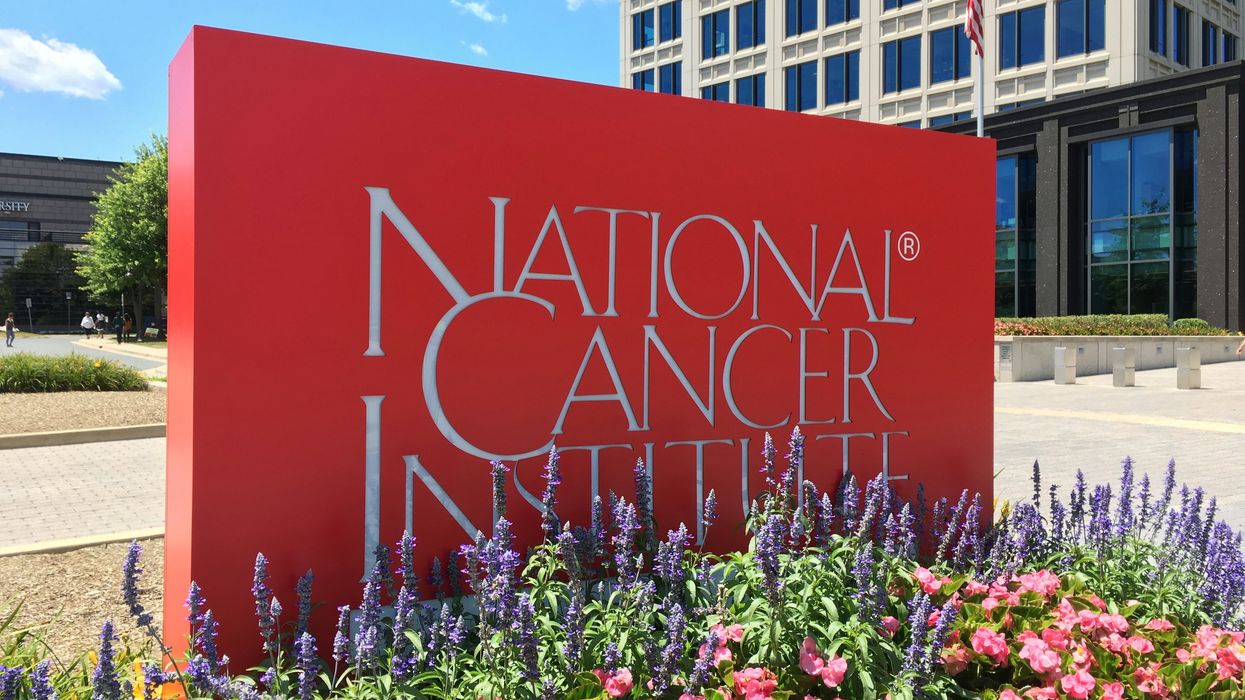
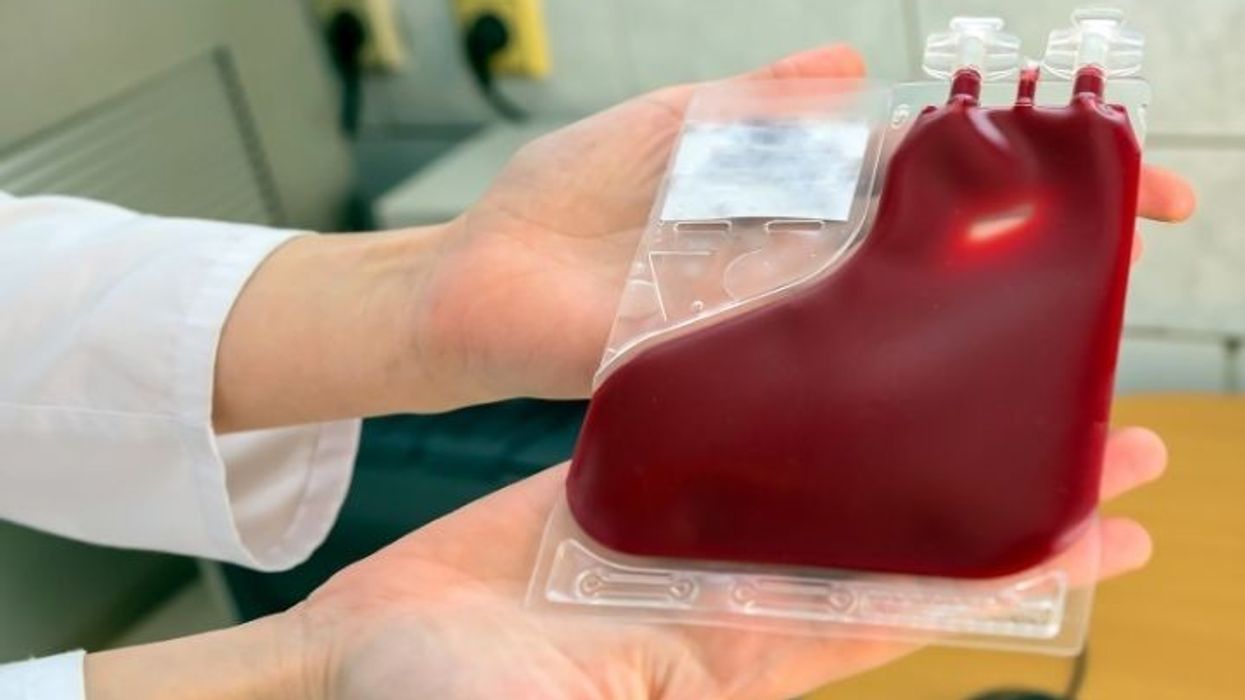

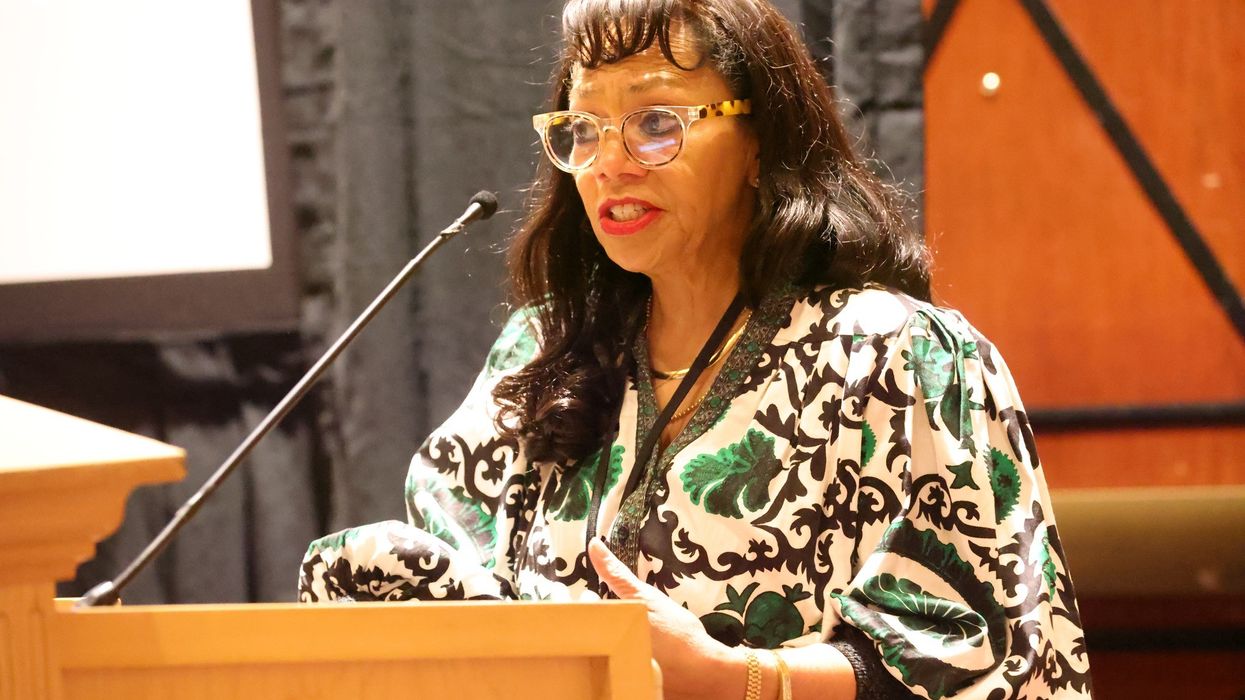
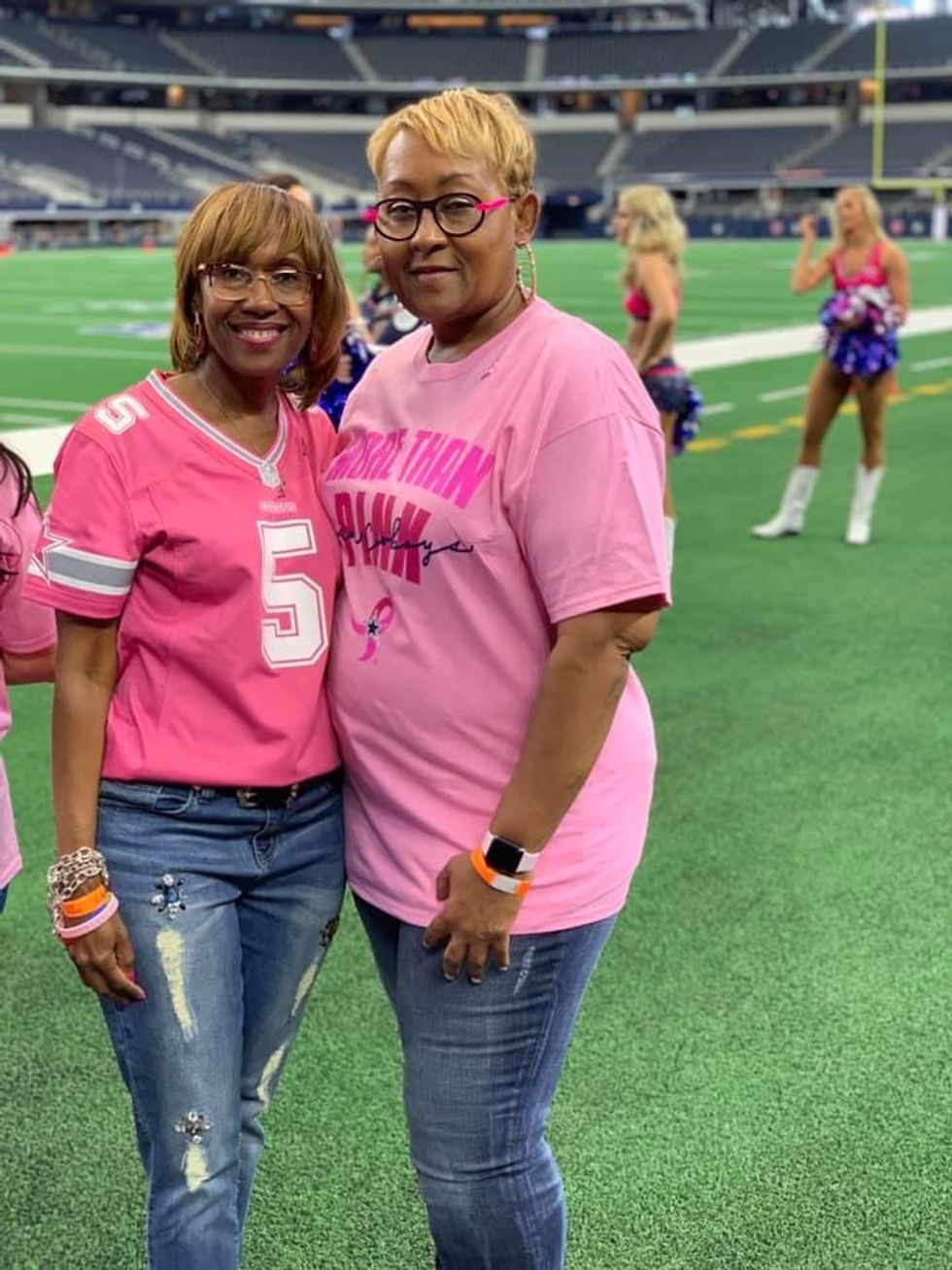 Ragina Ireland has been lovingly supported throughout her cancer journey by her sister, Johnnie Ireland. Four years ago, Ragina took a Cancer Genetic Risk Assessment test to help give her sister a clearer understanding of her own risk for developing breast cancer.
Ragina Ireland has been lovingly supported throughout her cancer journey by her sister, Johnnie Ireland. Four years ago, Ragina took a Cancer Genetic Risk Assessment test to help give her sister a clearer understanding of her own risk for developing breast cancer. 


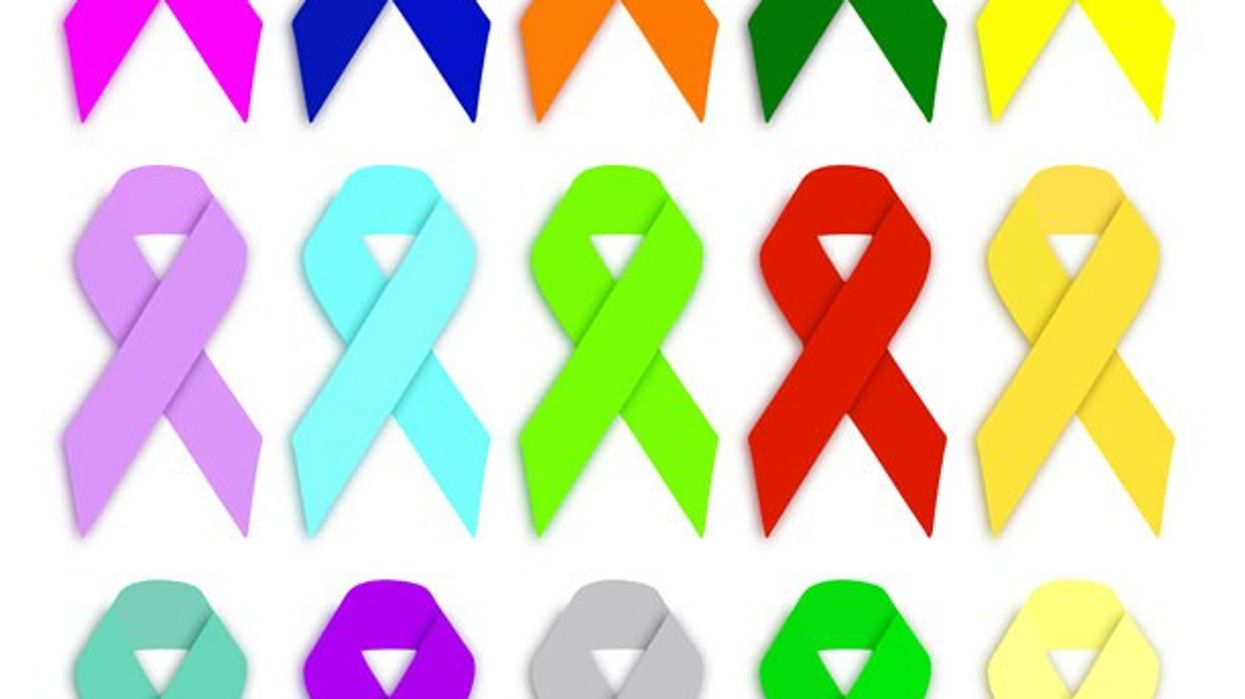

 Dr. Cary S. Kaufman teaches the "Essentials of Oncoplastic Surgery" course through the National Consortium of Breast Centers, providing breast surgeons around the world with advanced techniques for optimal breast surgery outcomes.
Dr. Cary S. Kaufman teaches the "Essentials of Oncoplastic Surgery" course through the National Consortium of Breast Centers, providing breast surgeons around the world with advanced techniques for optimal breast surgery outcomes.
